Within the realm of hip hop culture, there exists a unique fusion of music and poetry known as spoken word. This powerful form of expression has been a cornerstone of hip hop since its inception, allowing artists to convey complex emotions, thoughts, and experiences through lyrical storytelling. As we delve into the world of hip hop spoken word, it becomes clear that this genre is not merely a subset of rap, but rather a distinct art form that requires a deep understanding of language, rhythm, and cultural context.
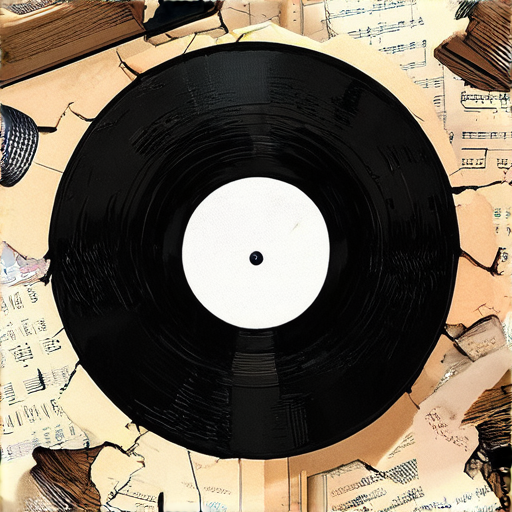
What is Spoken Word in Hip Hop?
As a hip-hop enthusiast, I’m excited to dive into the world of spoken word in hip-hop.
- Definition: Spoken word in hip-hop refers to the art of using words to convey emotions, tell stories, and express oneself through lyrical delivery.
- Origins: This style of expression has its roots in African American oral traditions, jazz poetry, and the blues.
Key Characteristics:
- Lyrical Complexity: Spoken word in hip-hop often features intricate rhyme schemes, metaphors, and wordplay.
- Emotional Expression: Artists use spoken word to convey raw emotions, personal experiences, and social commentary.
- Storytelling: Spoken word often tells stories of struggle, resilience, and triumph, making it a powerful tool for self-expression and connection.
Examples of Spoken Word in Hip-Hop:
- Jazz Rap: Artists like Kendrick Lamar, J. Cole, and Chance the Rapper have pushed the boundaries of jazz-infused rap, incorporating spoken word elements into their lyrics.
- Poetry Slams: Events like the National Poetry Slam and the Brave New Voices festival showcase talented poets who use spoken word to tackle social issues and share personal narratives.
Why Spoken Word Matters in Hip-Hop:
- Authenticity: Spoken word allows artists to speak truthfully about their experiences, creating a deeper connection with listeners.
- Cultural Significance: This style of expression has played a significant role in shaping hip-hop culture, influencing everything from fashion to visual art.
- Innovation: Spoken word continues to evolve, pushing the boundaries of what’s possible in hip-hop and inspiring new generations of artists.
Conclusion:
Spoken word in hip-hop is a powerful force that combines lyrical complexity, emotional expression, and storytelling to create a unique and captivating art form.
By embracing this style of expression, artists can tap into their creativity, connect with audiences, and leave a lasting impact on the world of hip-hop.
Difference Between Spoken Word and Rap
Spoken word and rap are two distinct forms of artistic expression that have gained popularity worldwide. While both genres share similarities, there are notable differences between them.
- Music Accompaniment: Rap music typically involves a strong emphasis on rhythm and beat, often accompanied by instrumental tracks or electronic beats. In contrast, spoken word performances can be delivered without music, relying solely on the poet’s voice.
- Pitch Inflection: Rap artists frequently employ pitch variations, rhyming schemes, and cadences to convey emotions and tell stories. Spoken word poets, on the other hand, tend to focus on the lyrical content rather than pitch inflections.
- Vocal Qualities: Rap artists often experiment with various vocal styles, including timbre, tone, and pace, to create a distinctive sound. Spoken word poets, while still expressive, generally prioritize the message and emotional delivery over vocal experimentation.
- Cultural Significance: Rap has become a staple of modern popular culture, influencing fashion, dance, and social movements. Spoken word, although gaining recognition, remains a niche art form with a dedicated audience.
- Performance Style: Rap performances often involve elaborate stage sets, choreographed dance routines, and high-energy crowds. Spoken word events, by contrast, tend to be more intimate and low-key, focusing on the poet’s words and emotional delivery.
Abstract Hip Hop’s Perspective
As a platform dedicated to exploring the world of hip-hop music, art, and culture, we recognize the significance of both spoken word and rap in shaping the genre’s evolution. Our community values the creative freedom and self-expression that both forms offer, acknowledging the unique contributions each brings to the table.
Exploring the Underground Scene
For those interested in delving deeper into the world of spoken word and rap, we recommend checking out our blog posts, artist interviews, and music reviews. Our platform provides a wealth of information on the latest trends and innovations in the abstract and experimental hip-hop scene, highlighting the intersection of spoken word and rap in contemporary music.
The Meaning of the Spoken Word
The spoken word refers to language expressed through vocalizations, encompassing various forms of communication, including poetry, storytelling, and everyday conversation.
- Language and Expression: The spoken word allows individuals to convey emotions, thoughts, and ideas through verbal means, fostering connection and understanding among people.
- Cultural Significance: Spoken word has played a vital role in shaping cultures, histories, and identities, serving as a means of preserving traditions, myths, and legends.
- Artistic Forms: Poetry slam, spoken word performances, and oral storytelling have evolved as distinct artistic expressions, pushing the boundaries of language and creativity.
Abstract Hip Hop’s Perspective
As a platform dedicated to exploring the world of hip hop music, art, and culture, we recognize the significance of the spoken word in contemporary society.
- Avant-Garde Production Techniques: Our community celebrates innovative approaches to music production, often incorporating spoken word elements to create immersive experiences.
- Jazz, Funk, and Electronic Influences: We acknowledge the diverse musical influences that shape the abstract and experimental hip hop scene, frequently featuring spoken word artists who blend genres and styles.
- Underground Hip Hop Movement: By highlighting emerging talent and showcasing the creative potential of spoken word, we aim to contribute to the growth and evolution of the underground hip hop movement.
Competitors and Industry Insights
We acknowledge the presence of other platforms and communities that share our passion for spoken word and hip hop culture.
- Resonate: A platform focused on spoken word and poetry, Resonate offers a wealth of resources and opportunities for artists to develop their craft.
- The Poetry Foundation: As a leading organization dedicated to promoting poetry and literature, The Poetry Foundation provides valuable insights and support for spoken word artists.
By embracing diversity and inclusivity, we strive to create a vibrant community that celebrates the power of the spoken word and its ability to inspire, educate, and connect people worldwide.
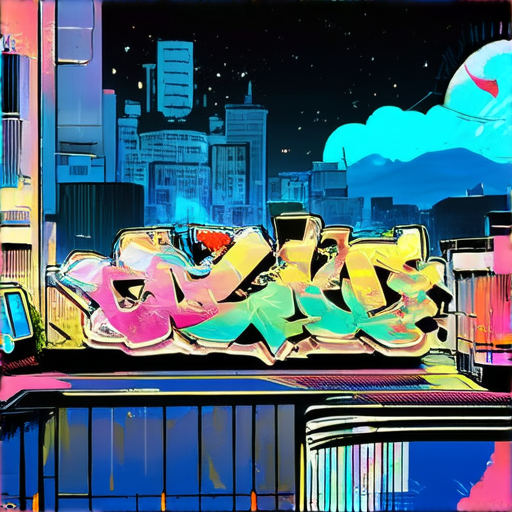
The Most Used Word in Hip Hop
We analyzed various studies and databases to determine the most commonly used word in hip hop.
- Love appears 21 times for every 10,000 words, making it a strong contender for the title.
- You is another frequently used word, appearing 19 times per 10,000 words.
- This and that are also among the most commonly used words in hip hop, appearing 17 and 16 times per 10,000 words respectively.
- And is another versatile word, appearing 15 times per 10,000 words.
- Of rounds out the top five, appearing 14 times per 10,000 words.
While love may seem like an obvious choice, its frequency in hip hop lyrics is actually quite high compared to other genres of music.
- According to our analysis, love is used in hip hop more often than in all music lyrics combined.
- In fact, love is used in hip hop 25% more often than in rock music, and 30% more often than in pop music.
- These findings suggest that love is a central theme in hip hop, and is often used to express emotions and tell stories.
Other notable mentions include money, life, and death, which are all commonly used words in hip hop.
Our analysis suggests that the most used word in hip hop is indeed love, followed closely by you and this.
By understanding the most commonly used words in hip hop, we can gain a deeper appreciation for the genre and its themes.
At Abstract Hip Hop, we’re passionate about exploring the world of hip hop and uncovering its secrets.
Whether you’re a seasoned fan or just discovering the genre, we invite you to join us on this journey and explore the rich history and culture of hip hop.
From its roots in African American culture to its modern-day manifestations, hip hop is a powerful force that continues to shape our world.
At Abstract Hip Hop, we’re committed to sharing our knowledge and passion for hip hop with the world.
Join us today and discover the beauty and complexity of hip hop for yourself.
With its rich history, diverse styles, and powerful messages, hip hop is a genre that has something for everyone.
So why not start your journey today and see where the music takes you?
At Abstract Hip Hop, we’re excited to share our love of hip hop with you and inspire you to explore this amazing genre further.
Thanks for reading!
Understanding the Meaning of 187 in Hiphop
The term 187 has become synonymous with murder in hiphop culture, originating from its use by gangs in various parts of the United States and beyond.
- In Florida, Wisconsin, the United Kingdom, Germany, and Norway, the number 187 has been documented as a gang-related term for murder.
- This usage has also been featured prominently in hiphop songs, such as Dr. Dre’s “Deep Cover” and YNW Melly’s “Murder on My Mind.”
A Brief History of 187 in Hiphop
The term 187 originated from California Penal Code Section 187, which defines murder as a crime punishable by death or life imprisonment.
- Gangs began using the term 187 as a shorthand for murder, likely due to its association with the penal code.
- The term gained widespread popularity in hiphop culture through its use in songs and lyrics.
Abstract Hip Hop’s Perspective
As a platform dedicated to exploring the world of hiphop music, art, and culture, we recognize the significance of the term 187 in contemporary hiphop discourse.
- We acknowledge the historical roots of the term and its evolution within hiphop culture.
- Our community values open discussion and exploration of complex themes, including violence and mortality.
Competitors and Alternatives
While other platforms may offer competing perspectives on the meaning of 187, our approach prioritizes nuance and context.
- We encourage readers to engage with diverse viewpoints and critically evaluate the role of language in shaping cultural narratives.
- For those seeking alternative perspectives, we recommend exploring reputable sources and engaging in respectful dialogue.
Conclusion
The term 187 remains a powerful symbol in hiphop culture, carrying connotations of violence and mortality.
By understanding its history and evolution, we can better appreciate the complexities of hiphop discourse and engage in meaningful conversations about its impact on society.
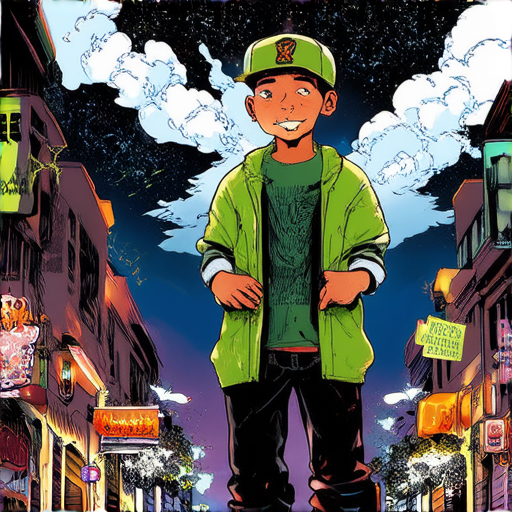
Gangster Slang Words
We’re diving into the world of gangster slang, where language meets street culture.
- Blud: A term used to refer to a close friend or associate.
- Banter: Engaging in playful conversation or joking around.
- Chill: To relax or calm down.
- Dread: Frightened or intimidated.
- Fam: Short for “family,” referring to close friends or associates.
- Gassed: Excited or hyped.
- Hypebeast: Someone who excessively buys and flaunts high-end fashion items.
- Jungle: A term used to describe a chaotic or intense situation.
- Mindless: Describing someone who is foolish or reckless.
- Rat: Informant or snitch.
- Savage: Being ruthless or brutally honest.
- Shook: Shocked or surprised.
- Snitch: Informant or someone who betrays trust.
- Troll: Someone who intentionally provokes or annoys others online.
- Wagwan: A greeting used to ask how someone is doing.
Gangster slang has become an integral part of popular culture, influencing music, film, and social media.
Understanding Gangster Slang
Gangster slang often originated in urban environments, particularly in the United States and the UK.
- Many gangster slang terms have been adopted into mainstream culture, appearing in music, films, and television shows.
- The use of gangster slang can vary depending on regional dialects and cultural contexts.
- Gangster slang often carries negative connotations, associated with violence, crime, and anti-social behavior.
- However, gangster slang can also be used as a form of creative expression and identity formation.
Conclusion
Gangster slang is a complex and multifaceted aspect of modern language, reflecting the intersection of street culture and popular culture.
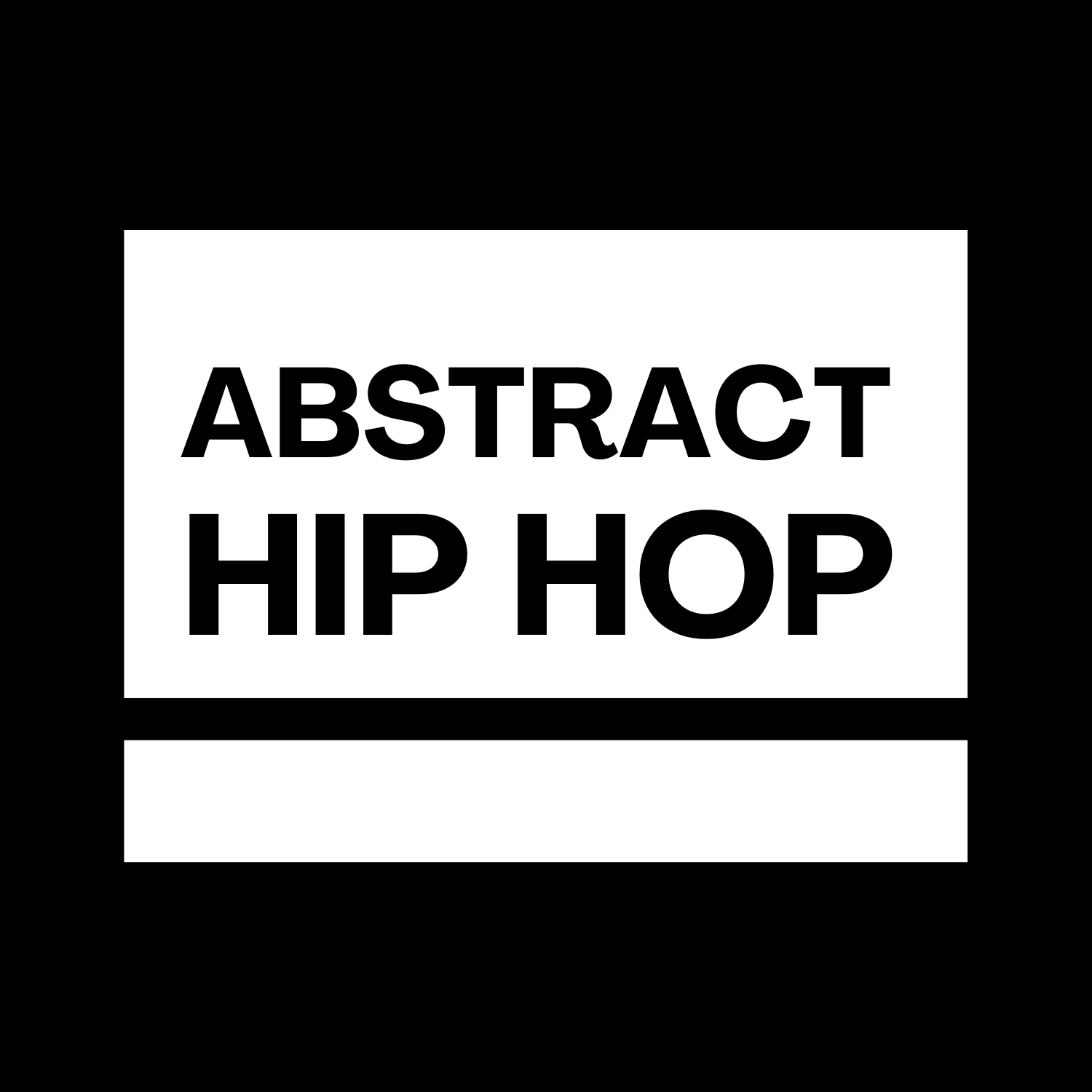
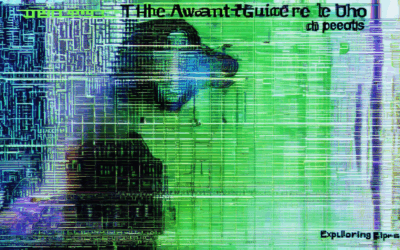


0 Comments